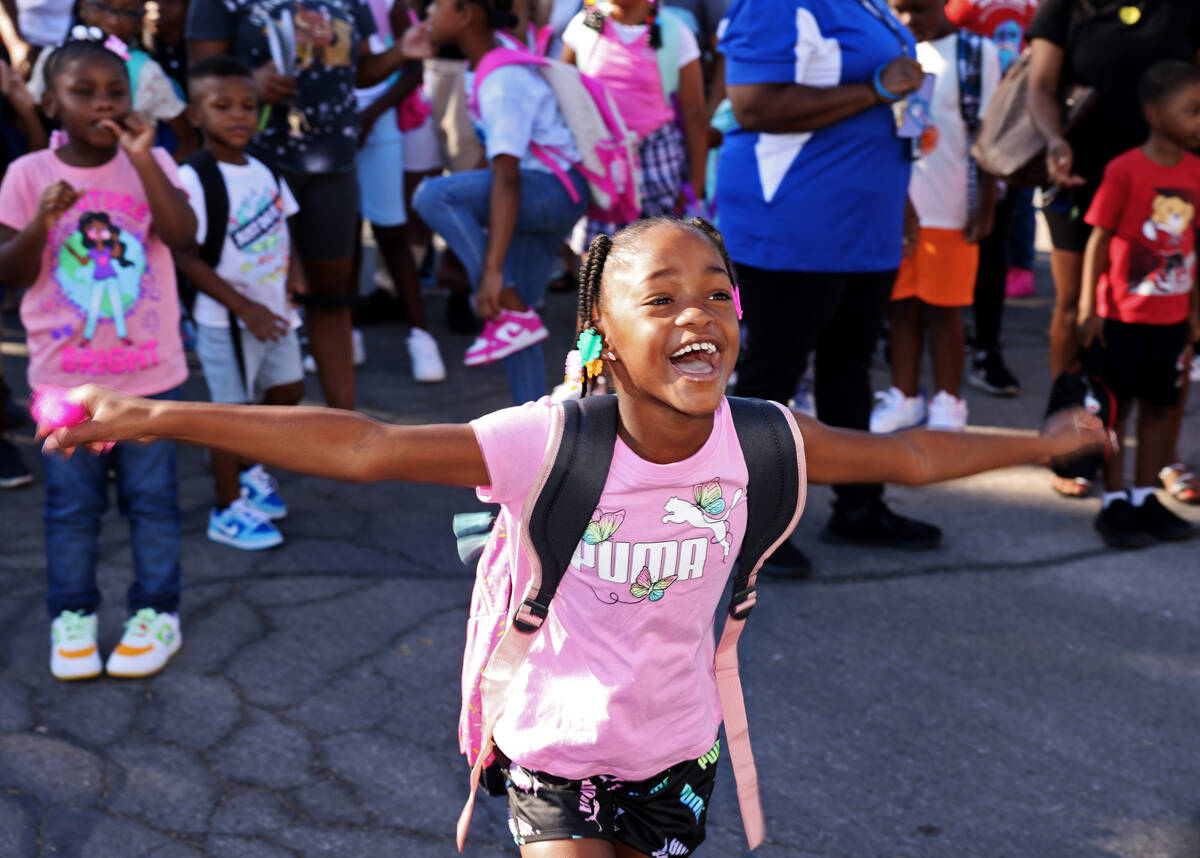EDITORIAL: The utter failure of money to improve education
Congress directed billions of dollars to the nation’s public schools to address pandemic-era learning loss. So far, there’s no evidence that this was a productive use of money.
Are there any lessons for Nevada, where lawmakers and the governor recently increased education funding by $1 billion a year under the premise that this would boost the state’s abysmal student test scores?
Across the nation, all but a few public school districts jumped at the “free” cash that federal lawmakers allocated to reverse the vast harm done by the failure of remote instruction. Students, particularly those most in need, suffered significantly.
In 2022, The New York Times reported, “the National Assessment of Educational Progress released its latest assessment of 9-year-olds, showing the largest decline in reading in 32 years and the first decline in math scores since it started testing students in 1969.” ACT scores hit new lows, as did civics test results.
The massive amount of new funding was unprecedented. “This is the biggest one-time infusion of federal dollars ever to come to schools,” Phyllis Jordan, the associate director of FutureEd, an education policy think tank, told the Times. “It’s just an astounding amount of money.”
Yet efforts to add more instruction time for struggling students were often met with resistance from the usual suspects. As the Times so delicately put it, “In their advocacy on behalf of exhausted, burned-out teachers, unions often protest proposals that require more work from educators, whether a shorter summer, longer school days or mandatory tutoring.” Of course, hidebound education unions didn’t protest attempts to shift the money into teacher pay or bonuses, which is how many districts spent their windfalls.
In the meantime, there has been no sudden improvement in national test scores — nor do education advocates promise any such thing in the near future. Instead, the federal “investment” will dry up next year, which will prompt many districts that used the money to pad baseline budgets to cry poverty, demanding still more.
“In fact,” the Times discovered, “most states aren’t doing much to provide meaningful support to districts on how to spend the money or track whether initiatives are actually helping students.” Marguerite Roza, director of Edunomics Lab and a research professor at Georgetown, told the paper, “Big industries would never make multimillion-dollar investments without checking in quarterly on what kind of effects they were getting.”
In Nevada, the Clark County School District received nearly $800 million in pandemic aid, but has little to show for it.
Nevada was one of many states to see lower scores after shutting schools down. The 2019 NAEP fourth-grade reading test showed 31 percent of Nevada students scoring proficient or better. In 2022, that number fell to 27 percent. In the Clark County School District, just 24 percent of students were proficient in reading.
In terms of average scores, Nevada lost more than a decade’s worth of progress in reading. It was worse in math. In that subject, students lost almost two decades worth of gains.
In June, Nevada lawmakers, at the behest of Gov. Joe Lombardo, increased state support for public schools by more than $2 billion over the two-year budget cycle. District officials are now locked in an ugly fight with the local teachers union over how to spend a big chunk of that money. Little of that conversation concerns how to use the funds to improve student achievement.
“More money can help schools succeed, but not if they fritter those extra resources in unproductive ways,” Jay Greene, a senior research fellow at the Heritage Foundation, told Reason magazine in February. “Wasteful schools tend to hire more non-instructional staff while raising the pay and benefit costs for all staff regardless of their contribution to student outcomes.”
Mr. Greene has never worked in the Clark County School District, but it sounds as if he has an intricate understanding of how it operates.




























